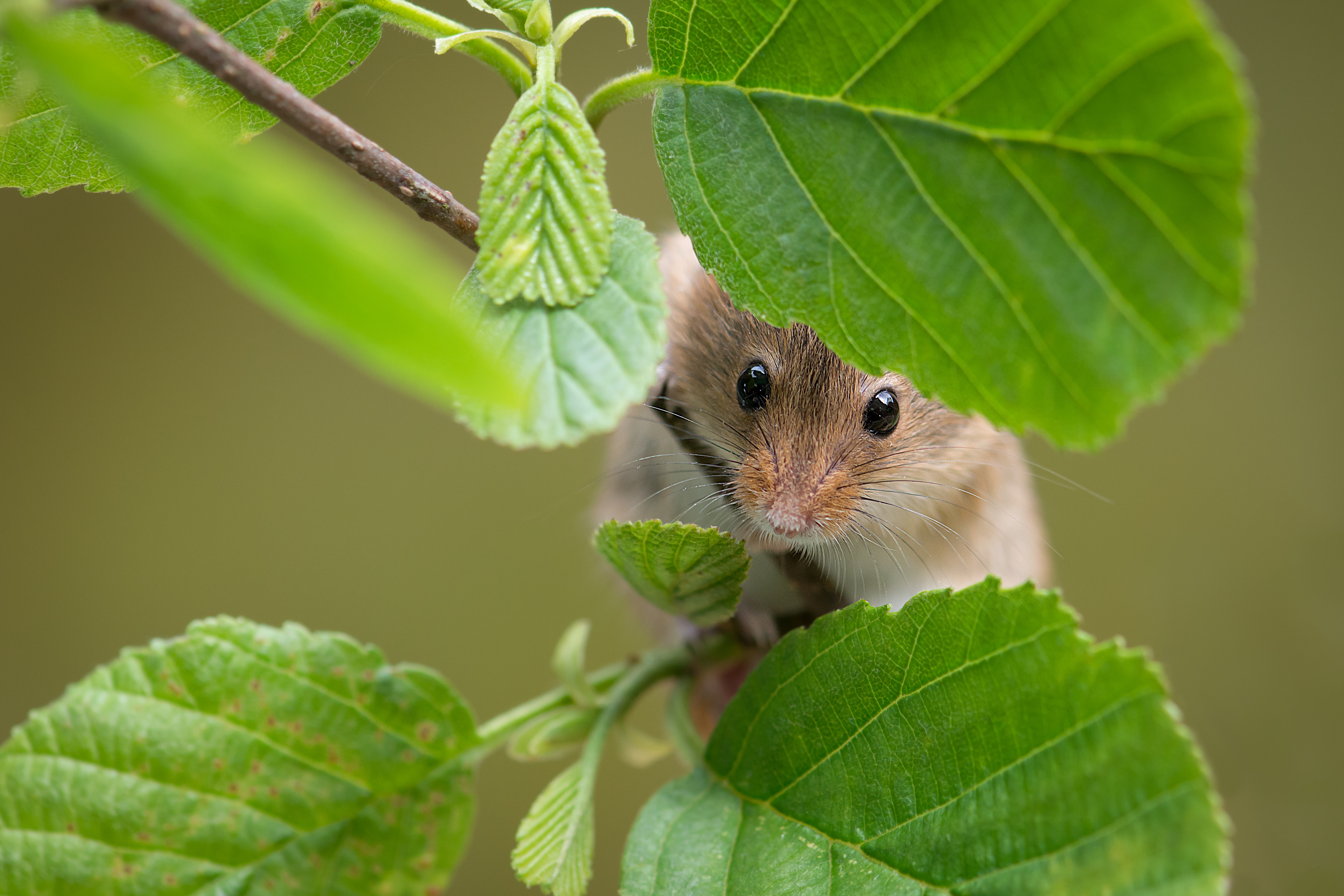Open Space Management
Posted Tuesday, June 15, 2021

Once considered a luxury, now deemed essential. We take a look at what it involves and the many benefits to those who live with green spaces as a part of their environment.
What is it?
Open space is deemed as an open piece of land that is undeveloped (has no buildings or other built structures) and is accessible to the public. Most new property developments are required to have areas of Public Open Space as part of planning requirements, with many Local Authorities becoming less willing to adopt areas of open space, play areas, estate roads, street lighting and drainage systems.
- Areas of Public Open Space
- Play areas
- Sustainable Urban Drainage Systems (SUDS)
- Ecology Mitigation Areas and wildflower meadows
- Areas of Woodland
- Private roads and street lighting
- Sewage pumping stations
As property managing agents, we work closely with the developer and local authorities and environmental bodies to ensure that maximum potential is gained from the land. We encourage neighbourhoods to take an active part where possible, to further our stewardship of these spaces, and raise ecological awareness through natural educational activities.
The more people know about protecting green spaces, the more they want to get involved. It all makes for a ‘greener tomorrow’. We promote environmental service-learning projects, and follow-up activities to illustrate integrated pest management, reduction of toxins in the soil, organic agriculture, and land preservation that is long-lasting hopefully through generations of homeowners, as more people are looking to stay put in their chosen environment than continually move on.
What are the benefits? These fit naturally into four categories; economic, social, environmental and health.
Economic
- Uplifts land and property values by improving the state of land that might otherwise be deemed as low value
- Makes non-viable land viable therefore increasing potential for investment
- Improves corporate responsibility reputation
Social
- Empowers communities to get together and make real changes to the environment they live in
- Creates opportunities for growing food
- Family orientated green spaces encourage all ages to spend more time outdoors
- Promotes learning about the environment and specific habitats
Environmental
- Tackles the impact of urban climate change by improving air quality
- Promotes biodiversity and protects species – especially those in danger such as bees
- Land stabilisation
- Improves ecosystems
- Surface water and flood management
- Air quality management
Health
- Creates areas where people can manage stress
- improves patient recovery times
- Promotes positive behaviour amongst children
- Specific planting can help air quality for the elderly and those with breathing issues
Today more than ever people crave clean air, a place for outdoor enjoyment and a sense of pride in the place they have chosen to be their home. It, therefore, makes perfect sense for property managing agents to know how to get the most from even small open spaces, the possibilities are many and varied, such as planting bee gardens on rooftops, or creating nature trails. With careful consideration, management and maintenance of green spaces will become the norm for more developments.


